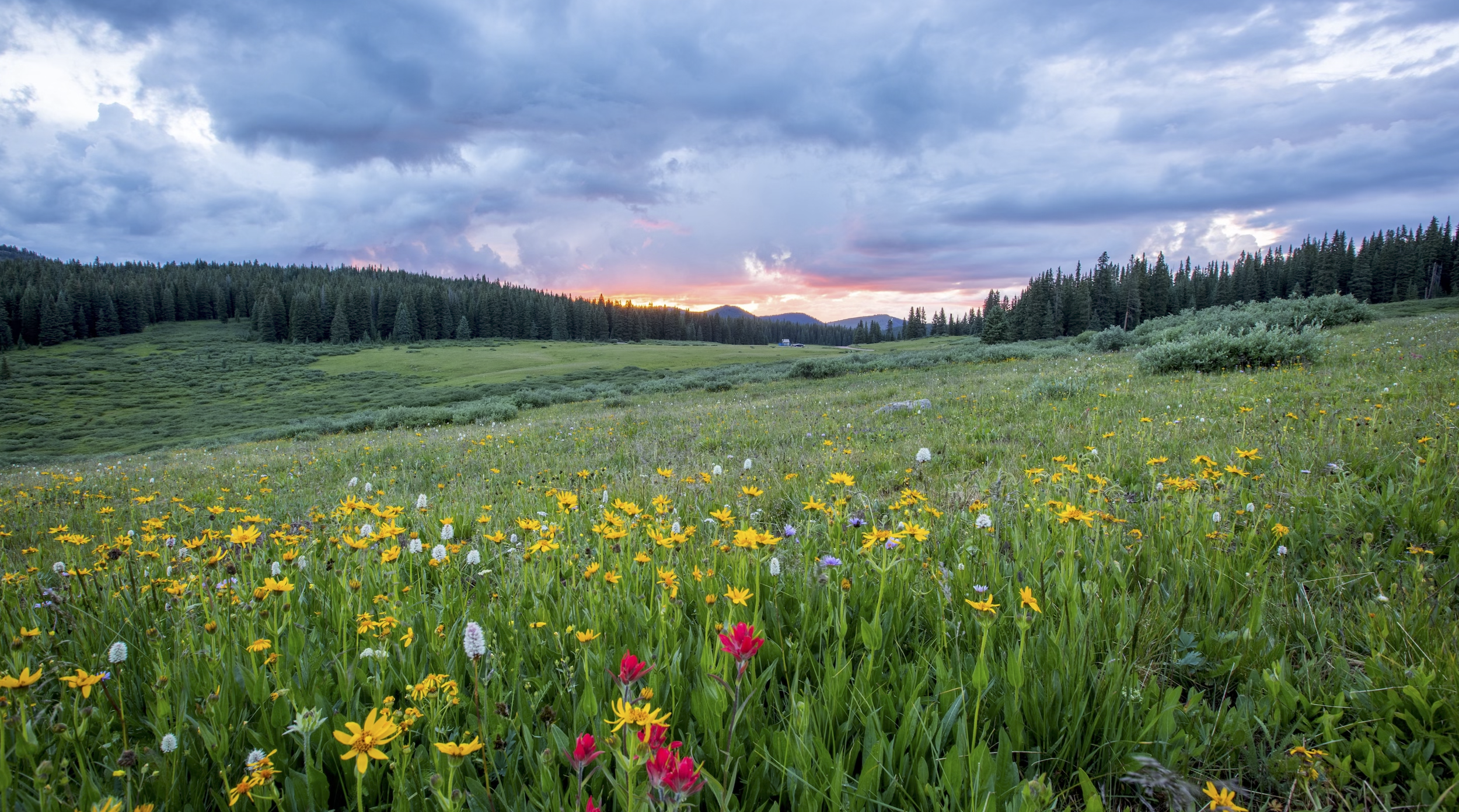How Small Businesses Can Have an Impact on Climate Change
When it comes to climate action, small changes can lead to a big impact.
Small to medium-sized enterprises (SMEs) comprise around 90% of all businesses globally, and while large corporations are greatly responsible for climate change, smaller businesses also play a crucial role in becoming more environmentally conscious as the backbone of the economy. In sourcing materials and services, large corporations frequently rely on smaller businesses, and recent research indicates that the average supply chain footprint of an organization is 11.4x higher than that of its direct operations. As a result of these factors, every organization large and small has a carbon footprint that can, and should, be mitigated, regardless of business size.
Whether you are looking to switch to more environmentally-friendly business operations or adopt the latest clean energy technology, there is always a strategy that can be implemented to foster success in your small business and take care of the planet.
Strategies for a Sustainable Impact
Evaluate What You Can Control First: It’s important to start by reducing Scope 1 (direct) and 2 (indirect) emissions, which are often the easiest to quantify and control, as they are the result of activity related directly to your operations, such as heating your building, burning fuel to power company vehicles, or using electricity. In parallel, most organizations begin evaluating their Scope 3 emissions as well, which encompass all remaining indirect emissions, from employee commuting and business travel, to purchased goods and services and consumer use of sold products.
Consistency is More Important Than Perfection: While striving for perfection may seem ideal, the pressure for perfection can be overwhelming and lead to inaction. Instead, focusing on consistent, realistic goals is key. Think about the steps you can take to reduce fossil fuels rather than an abrupt withdrawal. Consistency allows for the development of sustainable habits, which will be more important for long-term sustainability goals.
Share Your Journey with Others: SMEs are agile, flexible, and innovative, which are qualities needed to create meaningful climate action. The tight-knit structure of a small business can foster connections between local communities, in real life and online. By sharing your decarbonization journey with others, you will attract a community of like-minded employees and consumers who support your mission while also setting a sustainability standard for businesses to follow.
Thinking About Our Area of Influence
While choosing to mitigate your carbon footprint may seem small, your area of influence is large. By making eco-conscious decisions, your small business can ignite a ripple effect and motivate other businesses to follow suit. Considering that SMEs constitute a significant portion of global businesses, even small changes possess immense collective power. The sustainable initiatives you set as a small business can inspire others to reevaluate their practices and prioritize the future of our planet. In the race to save our planet from climate disaster, businesses of all sizes need to support each other and take action.
Shifting to more sustainable business operations may feel daunting, but small businesses have the power to make a difference with the right support. Each step, no matter how small, contributes to the shared goal of creating a greener future. However, SMEs have often lacked the resources or guidance to make a difference. Founded to serve under-resourced SMEs, RyeStrategy offers affordable and comprehensive decarbonization packages to fit the unique goals of each business. From carbon footprinting and mitigation strategies, to emissions reporting and target setting, we’re here to support you on every step of your decarbonization journey.
Learn about our affordable carbon footprint solutions for small and medium-sized businesses
Book a free strategy session to discuss your climate goals with a sustainability manager.
Learn about the benefits of taking climate action for your small business
About RyeStrategy
Based in Seattle, RyeStrategy is a CDP-accredited, mission-oriented company specialized in carbon accounting, mitigation coaching, and climate disclosure solutions for organizations at any point in their sustainability journey. Learn how RyeStrategy helped Salesforce, Ideascale, and Wazoku achieve their sustainability goals.
From exhaustive carbon footprinting and mitigation coaching, to setting science-based targets and reporting climate data to CDP, SBTi or custom reporting platforms, RyeStrategy acts as a hands-on extension of the team, custom-tailoring services to fulfill climate disclosure requirements easily and accurately.
Meet with a sustainability specialist to learn more about RyeStrategy solutions.

